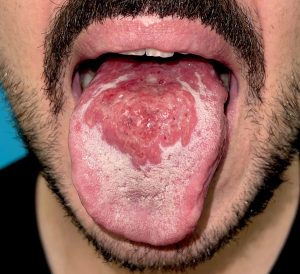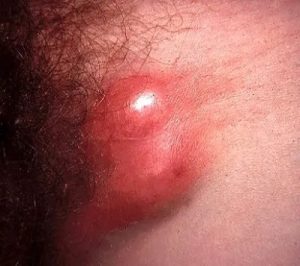
TREATMENT OF HIATAL HERNIA
Treatment of hiatal hernia. A hiatal hernia happens when the upper portion of your stomach pushes up into your chest through a diaphragm hole. The muscular partition separating your chest and abdomen is called the diaphragm. A hernia occurs when a tissue or organ pushes through a hole in the tissue barrier that typically keeps it in place. Hiatal hernias are among the most prevalent forms of hernias, which are common in general.
TREATMENT OF HIATAL HERNIA
The diaphragm, the passageway via which your esophagus connects to your stomach, has a natural weakness that is pushed through by hiatal hernias. Medical professionals refer to this opening as the esophageal hiatus, which is where the terms “hiatal hernia” and “hiatus hernia” from. Over time, stress and tension may cause this gap to widen.
A hiatal hernia occurs when the upper portion of your stomach protrudes through a diaphragmatic hole. This illness is extremely prevalent, particularly as one ages. When it does, the symptoms are typically associated with acid reflux, but they are not always present. Symptomatic hernias of the hiatal region can be treated.
Types

Type 1: Type 1 hernias, also known as sliding hernias, are the most prevalent kind, making up 95% of all hernias. In this variation, the portion of your esophagus that attaches to your stomach occasionally slides up through the enlarged gap before descending again.
The term “paraesophageal hiatal hernias” refers to types 2-4. The term “paraesophageal” refers to “beside the esophagus.” In type 2, your stomach’s top portion pushes up through the hiatus close to your esophagus, creating a bulge. A rolling hiatal hernia is another name for this.
Type 3: This type combines elements of the first two. The gastroesophageal junction, the portion of your esophagus that joins your stomach, occasionally moves up through the hiatus. Additionally, your stomach occasionally protrudes along with the gastroesophageal junction.
Type 4: Although uncommon, Type 4 can be more complex. Two separate organs could herniate through the hiatus in this version because it is sufficiently wide. Your stomach and another abdominal organ, like your intestines, pancreas, or spleen, are affected by the hernia.
Symptoms
Heartburn. a burning feeling, often after eating, in your chest.
chest pain that is not cardiac. persistent chest discomfort that isn’t angina yet feels like it.
Indigestion. experiencing scorching stomach discomfort shortly after eating and feeling full.
Treatment

Your healthcare professional will completely analyze the nature of your hernia, your reflux and your symptoms to assist identify the best long-term treatment option for you. The choices are:
Hold on and observe. Your hernia may not require treatment if it is not causing you any discomfort. Your physician, however, will want to monitor it. It will probably become larger over time.
Take your meds. While they cannot prevent acid reflux, medications can lessen the amount of acid in your stomach. This lessens the harm that reflux causes and eases the pain that comes with it.
Surgery
Your hiatal hernia can be repaired with a simple surgical procedure. Surgery is a possibility for anybody, however not everyone will need it. Some folks could require it sooner rather than later.
Medications
Over-the-counter antacids can be used to treat reflux if it occurs only occasionally. For long-term, everyday use, however, you will require a prescription if you experience it more regularly. Proton pump inhibitors (PPIs) are typically prescribed by medical professionals for this reason. These successfully stop and fix acid-related esophageal damage. However, they are unable to stop your hernia from expanding or regurgitation.
Summary
A hiatal hernia may be unintentionally discovered when you are seeing a doctor for another cause. Since they are rather common, you shouldn’t be concerned if yours is minor and doesn’t bother you. Alternatively, years of deteriorating symptoms may lead you to eventually seek answers and treatment, and it is then that you may find a hiatal hernia. You might be shocked to hear that your acid reflux is caused by a hernia.

 Food4 weeks ago
Food4 weeks ago
 Health4 weeks ago
Health4 weeks ago
 Social media4 weeks ago
Social media4 weeks ago
 Health4 weeks ago
Health4 weeks ago

















